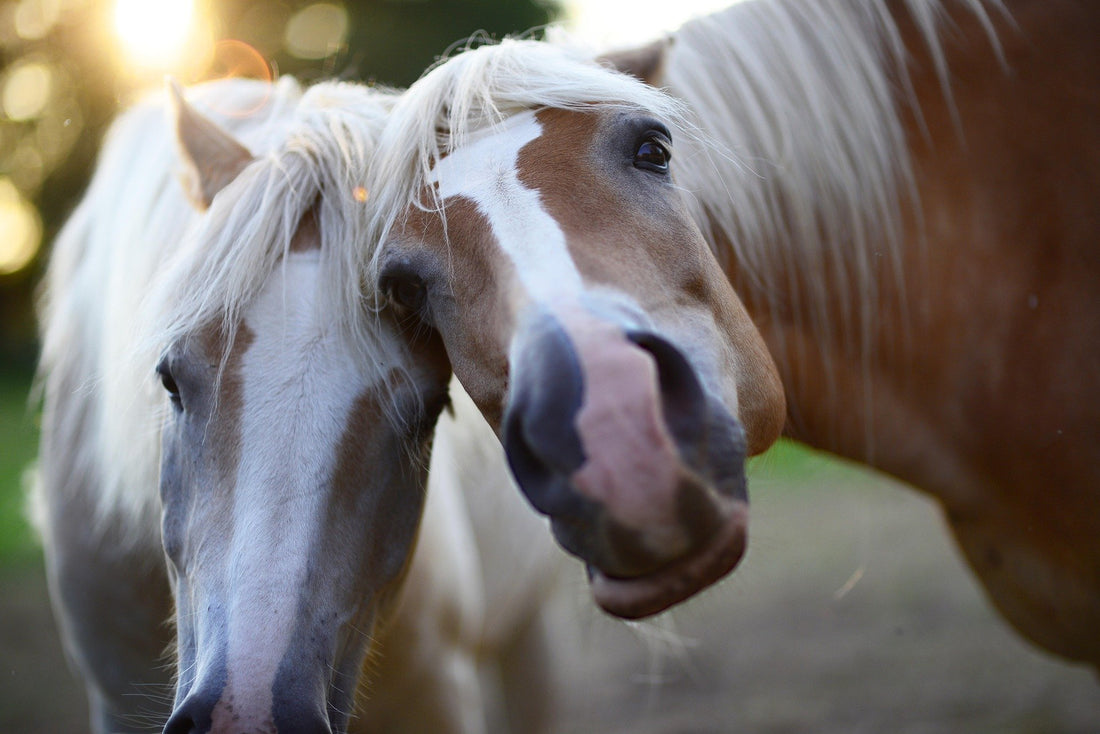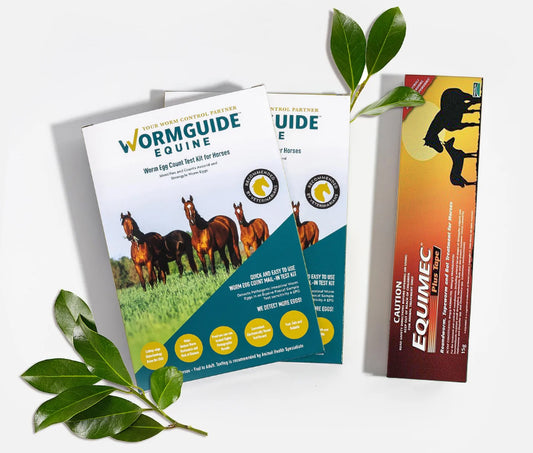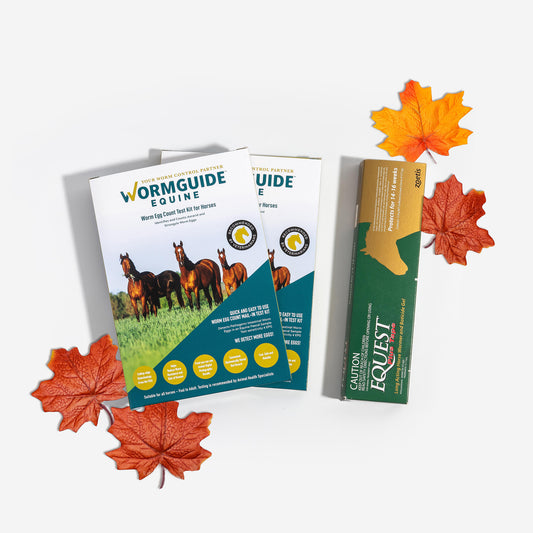Here are three science-based facts to keep in mind when planning your worm control strategy to slow down the development of harmful and life-threatening horse dewormer resistance.
Resistance is not just found in the world of human medicine, it is also found in the world of horse deworming medicine.
You know the old saying,” Whatever doesn`t kill you makes you stronger”? In the world of human medicine, that`s true for bacteria. Whenever you`re sick and the doctor prescribes antibiotics to fight the bacteria inside your body, there are bacteria survivors. And they become antibiotic-resistant, they are the strong ones while their weaker more susceptible buddies are killed off which means they can multiply until all the bacteria become resistant. That`s when antibiotics can`t help you.
That`s how you get superbacteria and the misuse and overuse of antibiotics makes it happen faster which makes common infectious diseases harder or impossible to treat.

Given the time it takes to bring new antibiotics to market, many medical experts have been calling for a reduction in prescribing antibiotics to prolong the usefulness of current drugs.
If we decrease the number of antibiotics being used in humans, resistance can be reversed slowly, and the bacteria will be susceptible again to some degree – they drop their `armoury` because there is no threat.
Ahh not so with horse worms.
The Australian Society of Parasitology states it well: "Once you have it, it`s too late."
“Once dewormer resistance happens in intestinal worms on a horse property - it`s permanent, it stays – it cannot be reversed”
You`ve heard the news, horse wormer resistance is a major problem, and is harming horses. Whenever horses are medicated with a horse deworming treatment to kill intestinal worms, there are always a few survivors. They are the strong worms that are naturally resistant while their weaker more susceptible mates are killed off - leaving the resistant worms to reproduce and pass on their ability to withstand the horse deworming medication to the next generation. Over time, with each dose of the dewormer medication, a population of horse worms that no longer are killed by dewormers is left. That`s when wormers for horses fail to control the numbers of intestinal worms – life-threatening stuff!
How horse dewormer resistance happens?

That`s how your horse gets large numbers of superworms and the misuse and overuse of horse deworming drugs makes it happen faster which makes worm control harder or impossible to kill intestinal worms in horses.
There`s are lot of research being done in this space and experts are urging responsible use of horse dewormers.
If we decrease the number of unnecessary worming treatments, we can at least slow the process of resistance, and prolong the usefulness of our available horse dewormers – keep them functioning longer.
Resistance doesn`t happen overnight, it takes decades for large numbers of resistant worms to develop and unfortunately resistance is rampant to all our drug classes today.
How many drug classes?
There are only three classes of horse deworming medications, the oldest class member is a 60 year old product and the newest, ivermectin was introduced on the market 40 years ago.
Did you know ivermectin was discovered by accident?
The story of how ivermectin was discovered is quite incredible. Ivermectin was found in nature from a soil sample while scientists were hunting for a new antibacterial compound. Ivermectin comes from a naturally occurring fungus, so it qualifies as a natural even though it is regarded as a chemical. They tested it against parasitic worms affecting livestock and other animals and it was successful. In fact, the scientists were awarded the Nobel prize.
It`s a challenge and not that easy to find a good horse dewormer medication that is effective and safe for horses – maybe we got lucky with ivermectin!
“The scary part of resistance is there are no new horse dewormer drugs expected to come onto the market in the foreseeable future.”
Once we run out, we don`t really have anything left to treat intestinal worms in horses.
Underdosing is an issue
Frequent treatments, combined with underdosing are the main factors playing a role in the development of dewormer resistance
Wormguide: putting your horses` health first
While you can`t buy antibiotics over the counter for your horse, you`ll find horse shops filled with horse dewormer products. Remember to keep in mind that even though you can easily purchase them, these products are still medicines and must be used with care.
So be faecal egg count informed!
Why WormGuide Equine is good for horses
At WormGuide, we aim to provide the best service possible for horse owners and managers in this era of horse dewormer resistance.
A precision technique that can detect more eggs in a faecal sample is highly recommended for testing the efficacy (removal of the targeted worms) of the horse dewormer you are using. WormGuide has you covered.
Kick into action to find out if your horse herd and your pasture are harbouring a population of resistant intestinal worms with our Gold Standard Resistance Detection Service.
If your veterinarian is unavailable, you can turn to our epidemiologist WormGuider Vet Dr Ed Annad who is available for expert interpretation of results and further consultation should your results suspect a resistance issue on your property- you may need to make some changes.
And for single horses find out if the horse dewormer you are using actually kills the egg laying worms with the Truth Teller Faecal Egg Count Test .
We hope you find our 3 Must-Know Horse Dewormer Facts useful.
Informed, empowered, and connected horse owners and managers are the key to slowing down the development of dangerous horse dewormer resistance and we are here to help you take control.










